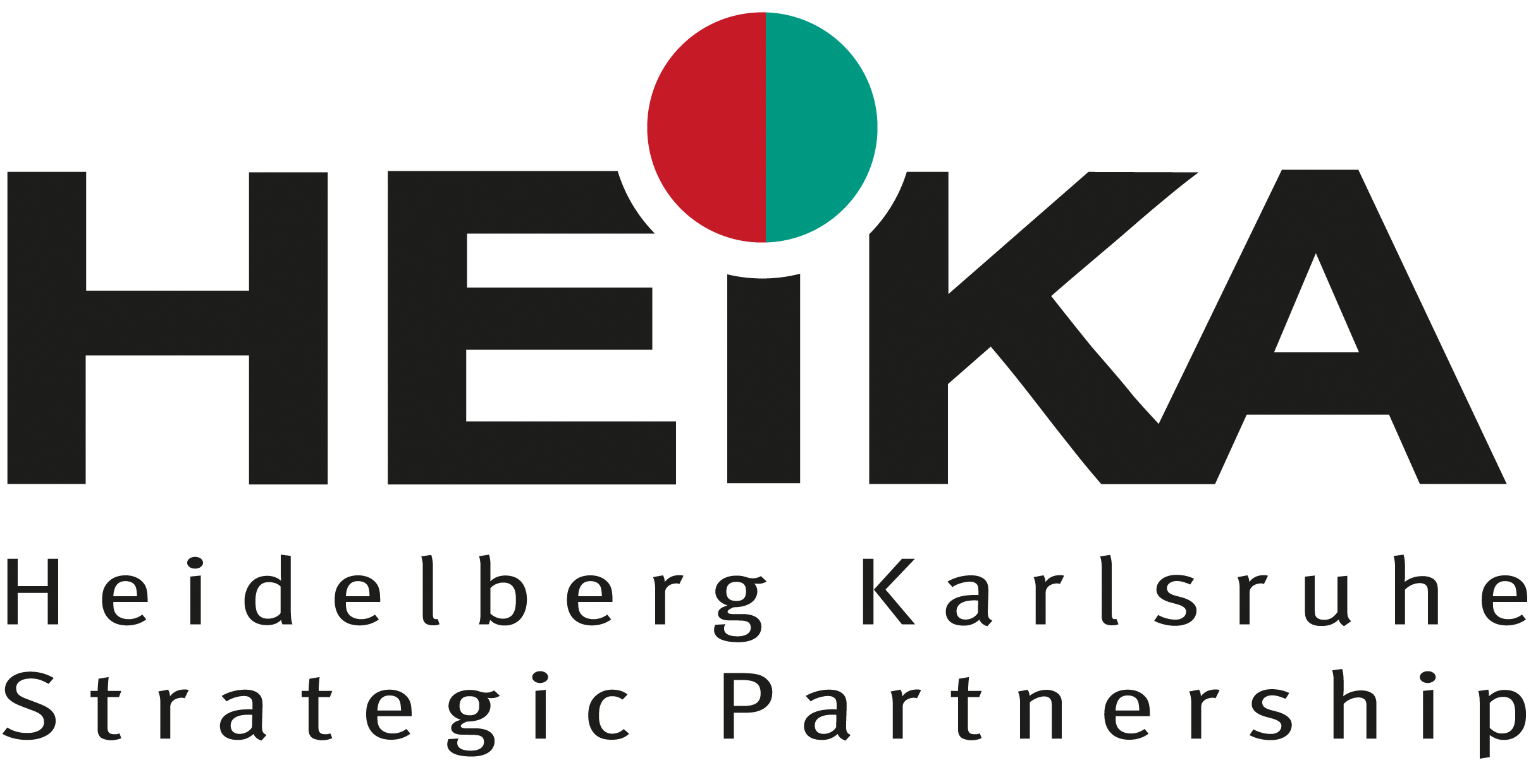Colorectal cancer (CRC) is the third most frequently diagnosed cancer worldwide with rising incidence and the primary cause of cancer-related deaths in Germany. Disease relapse after an apparently successful treatment remains a major stumbling block for patients diagnosed in advanced stages. Resistance to therapy likely occurs owing to a small population of cancer cells with stem cell properties (CSCs), appearing as the relevant cell target for therapy.
Project details
Project management
Colorectal cancer (CRC) is the third most frequently diagnosed cancer worldwide and the primary cause of cancer-related deaths in Germany. Disease relapse after treatment remains a major stumbling block for patients diagnosed in advanced stages. Resistance to therapy likely occurs owing to a small population of cancer cells with stem cell properties, appearing as relevant cell target for therapy. Interestingly, it was shown that although the elimination of stem cells can lead to the stagnation of tumor growth, these cells may also recur from differentiated cells in a process called plasticity.
We could recently show that the inhibition of the transmembrane protein CD44 and its isoform, CD44v6, results in an impairment of the plastic process of colorectal cancer cells. Using state-of-the-art 3D colorectal cancer organoids in combination with a cutting-edge adeno-associated virus (AAV) capsid screen, we will identify suitable AAVs that can specifically target colon cancer cells. The transduction aims at introducing a construct that prevents the expression of CD44 in these cancer cells, thereby preventing the plastic process.
Our goal is the development of a therapy preventing the reappearance of stem cells using suitable AAV vectors.


